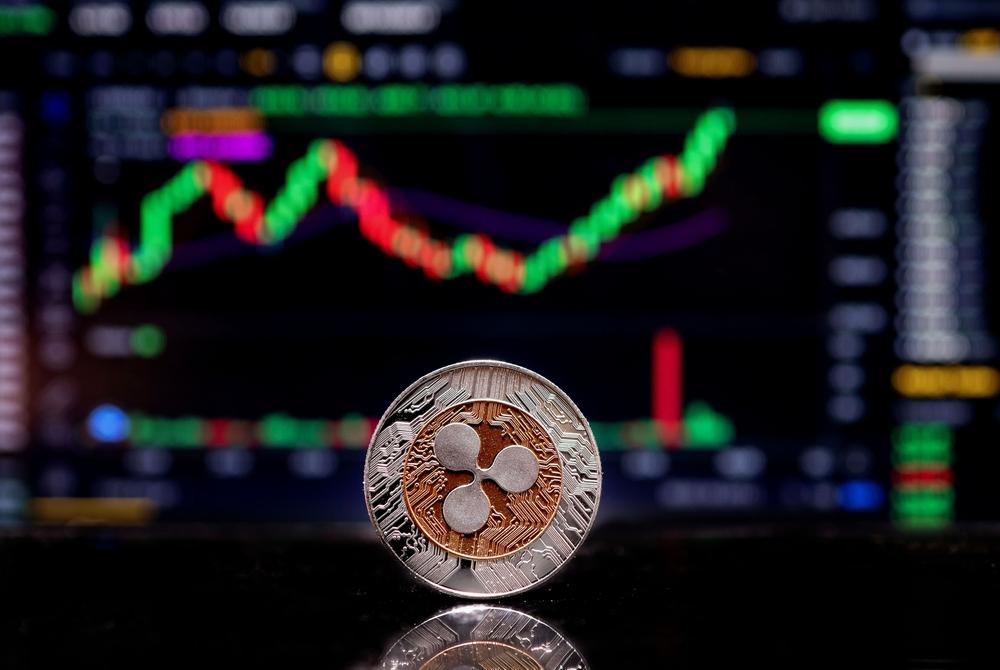The scenic island of Bali, nestled within the Indonesian archipelago, has recently declared an absolute prohibition on transactions facilitated through cryptocurrency by holidaymakers. This announcement serves as an emphatic warning of severe repercussions for those who flout the new ruling.
The local authorities of Bali are determined to rein in the increasing flow of overseas visitors who often neglect to adhere to the established laws of the island. To tackle this issue, stringent measures against tourists who transact with cryptocurrency are being implemented.
The provincial Governor of Bali, Wayan Koster, announced the updated directive at a press briefing on tourist infrastructure development. He emphasized that those who defy this prohibition could face serious consequences, including potential deportation, criminal charges, and hefty fines.
Koster affirmed the official stance of the local government that the Indonesian rupiah is the sole legal tender on the island. As such, any deviation from this statute, including using alternative currencies for transactions, constitutes a violation of Indonesian law. Offenders risk a year's imprisonment, coupled with a hefty fine of up to 200 million rupiahs, roughly $13,000.
This stern warning coincides with circulating news about the Governor's intentions to institute a quota system to moderate the volume of foreign tourists frequenting Bali. This is a bid to tackle the increasing issues arising from non-compliant foreigners.
Despite reopening its borders, Bali has reportedly seen a surge in unruly tourists, causing undue distress to the local community and authorities.
Bali's Bank of Indonesia's chief, Trisno Nugroho, has clarified that while holding cryptocurrency is not illegal in Bali, its utilization as a medium of exchange is strictly prohibited. He echoed the warning previously issued by the Bank of Indonesia to financial institutions to refrain from processing transactions in cryptocurrency.
Governor Koster further emphasized that any foreign exchange operations must have explicit approval from Indonesia's central bank. Operating without the requisite permissions could lead to imprisonment for up to five years and a maximum penalty of 22 billion rupiah, approximately $1.4 million.
























Comment 0